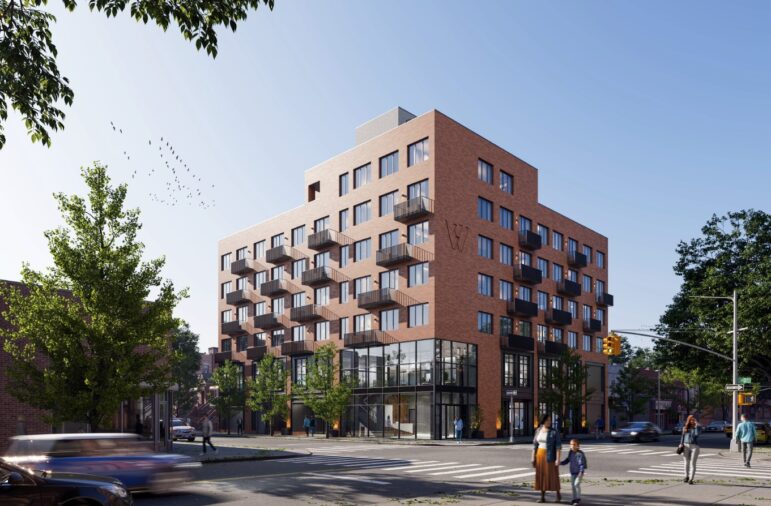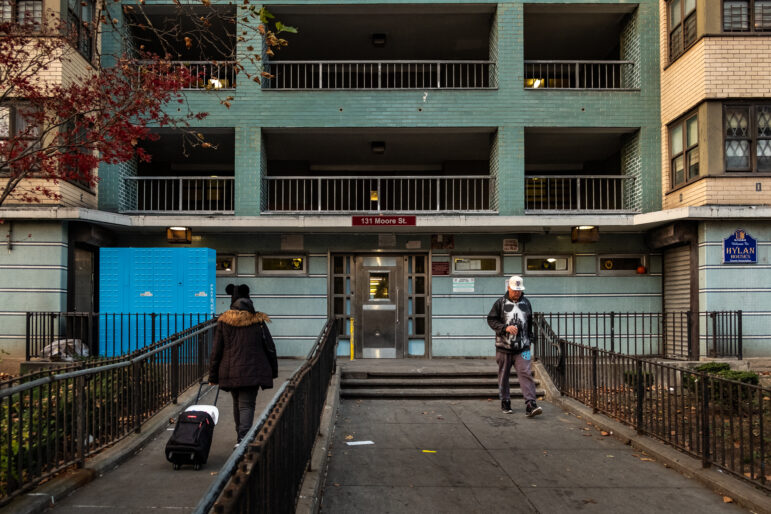In the idealized version of the world that exists on an economics professor’s chalkboard, financial systems save themselves from disaster. Like a heated-up athlete breaking into a cooling sweat, the economy is supposed to self-correct.
So when a housing market collapse kicked America into recession four years ago, it was reasonable to hope that one benefit of the slowdown would be to reduce housing costs for low-income people, who had struggled to keep up with rising rents during the boom.
Well, no such luck. That’s the verdict of the National Low-Income Housing Coalition in a report issued this week.
“Although the recession may have temporarily stalled the rising cost of housing in the United States, it did not result in increased access to affordable rental housing for households that need it most: extremely low income families facing the greatest housing cost burden,” the report found.
Of course, renters weren’t the focus of public concern at the height of the financial crisis when foreclosures dominated the discourse. But renting is, in fact, where the action has been. Since the recession, American homeownership has slipped to its lowest rate since 1998. Meanwhile, 4 million new renters entered the housing market from 2005 to 2010.
It’s tempting to look at this only as a matter of supply and demand for housing—that if we could only build more supply, we’d keep up with that growing demand for rented rooms. Indeed, when he was New York’s housing commissioner, current HUD Secretary Shaun Donovan (an affordable housing expert who writes the preface to the NLIHC report) used to argue that any addition to the city’s housing supply—even real high-end stuff—helps to relieve the upward pressure on housing prices for all income levels.
But the struggles of renters are also about wages, because even under the best conditions, housing prices will only fall so low; at the very least, there’s a break-even return that landlords will demand for owning and maintaining housing. NHLIC’s report pegs a “housing wage”—the hourly rate one would have to earn to afford a two-bedroom apartment at fair-market rent without spending more than 30 percent of income on housing.
Nationwide, the housing wage for 2012 is $18.25. Unfortunately, the average wage earned by renters in $14.15. The gap means that to afford their shelter, many renters are digging deeper than is wise.
Read more here.








